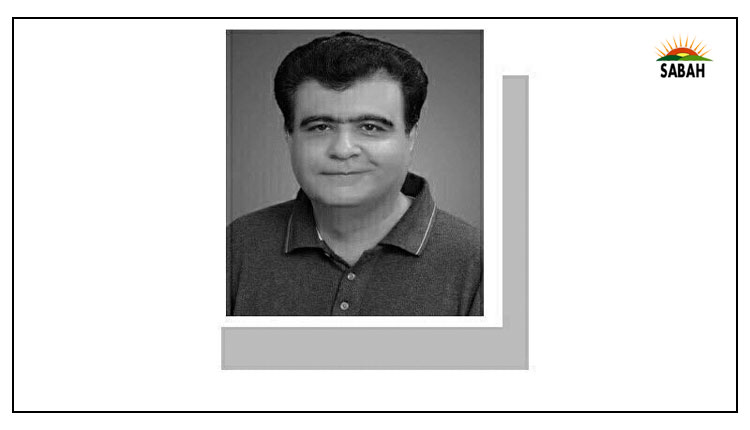Enigmatic Bhuttos…Dr Niaz Murtaza
STATES traverse the democratic path in the vehicles of political parties, which are driven by political families in our region. One must review how their actions have shaped our tortuous political journey heavily, starting with the Bhuttos, our oldest, most colourful, federal-level political family.
Salient politically in all eras since the 1950s, it exhibits an odd, schizophrenic persona that fights for democracy one step but undoes it next step in power. Zulfikar Ali Bhutto was in our first, most neoliberal and pro-US military set-up from day one. He initiated strong China ties but also backed Operation Gibraltar that led to the 1965 war. He then transformed into a hawkish national interest icon and a socialist democrat to oppose the Tashkent peace deal, and launched the then western wing’s first federal, socialist mass party.
But after toppling his patron autocrat, he allied again with the new one (Yahya) against fellow socialist democrat Mujib, to cause the tragic 1971 atrocities and division. In power, he gave our first rights-based, lasting Constitution, and strong but dependent Gulf ties. He started a nuclear programme for security. But security comes more from being at peace internally and regionally. He fired two opposition provincial set-ups, restarted army action in Balochistan, politicised the bureaucracy, oversaw dubious nationalisation and only limited land reforms, declared Ahmadis non-Muslim, and muffled free speech. He rigged the 1977 polls, which led to his fall.
Since then, the Bhuttos have shown such schizophrenia many times. They opposed Zia and Musharraf and other covert establishment autocrats to suffer the murder of some family members as well as prolonged incarceration and the wrongful sacking of three PPP regimes. But in power, they undid democracy through allegedly corrupt and inept set-ups at the centre and in the provinces; the Taliban’s creation in the 1990s; bloody battles with the MQM; and dubious IPP deals. Besides, they helped in the establishment’s toppling of opposition set-ups and initially refused to reappoint the Musharraf-fired judges.
The PPP’s few pluses included the 18th Amendment, the Benazir Income Support Programme, and the first smooth civilian power transfer between two fairly elected set-ups in 2013, making 2008-2013 their least bad era. But all that was largely undone in the last two and a half years as part of a set-up that has delayed and rigged polls; hounded the opposition, media and civil society; defied the courts, and, lastly, reversed judicial freedom via the 26th Amendment. Some say that the abbreviation should stand for ‘Pindi Puppet Party’. Newer generations have not learnt any lessons.
The review reveals some key points. The Bhuttos and the PPP have suffered more in opposition and may have better foreign, legislative and social sector feats than others. But their bigger minuses mean they have arguably still caused more harm to democracy than any other political force in our history, despite others such as the PML-N, the PTI and the pre-1958 Muslim League having overall bad records too — though perhaps none of them beats the PPP in inflicting harm on democracy except the establishment. This is partly because none of them have the PPP’s long span — for example, the PTI has been around for about 20 years. But even if we just take their first 20 years, their political sins arguably dwarf others’ wrongs.
To develop a better picture, I checked the democratic record of the top South Asian political families. But even among regional political families, liberal or conservative, and with longer spans, according to my analysis, the Bhuttos had the worst ranking.
How could they undermine democracy even more than right-wing dispensations, despite overtly displaying good traits like being democratic, socialist, secular, cosmopolitan and literate, with Berkeley-Oxford pedigree? Among the regional political families, only the Bhuttos are landed elites. Perhaps the strong effect of a retrogressive culture undoes even generations of liberal education at the best global schools. The Bhuttos will continue to rule Sindh and may even rule federally, but apparently only with covert help. However, they may not improve their past record much.
Among others, the Muslim League’s story under the founding fathers is the second worst, but it may anger state hawks if it is told. The Sharifs provide a vivid story to tell, though it is shorter and duller. The Imran Khan/PTI story is short but stormy. Like Scheherazade from Arabian Nights, I will tempt you to wait to hear those stories.
The writer is a political economist with a PhD from the University of California, Berkeley.
COURTESY DAWN












